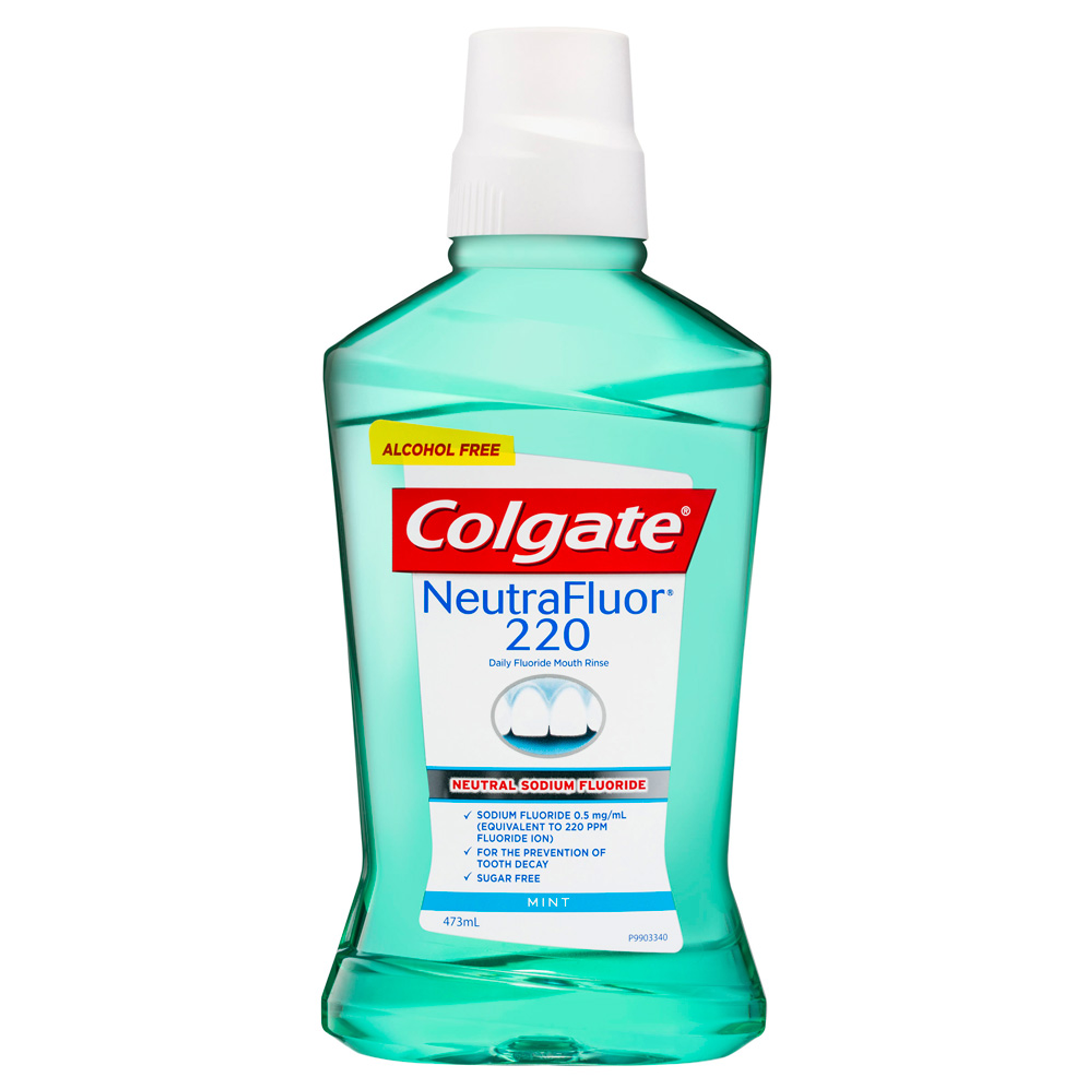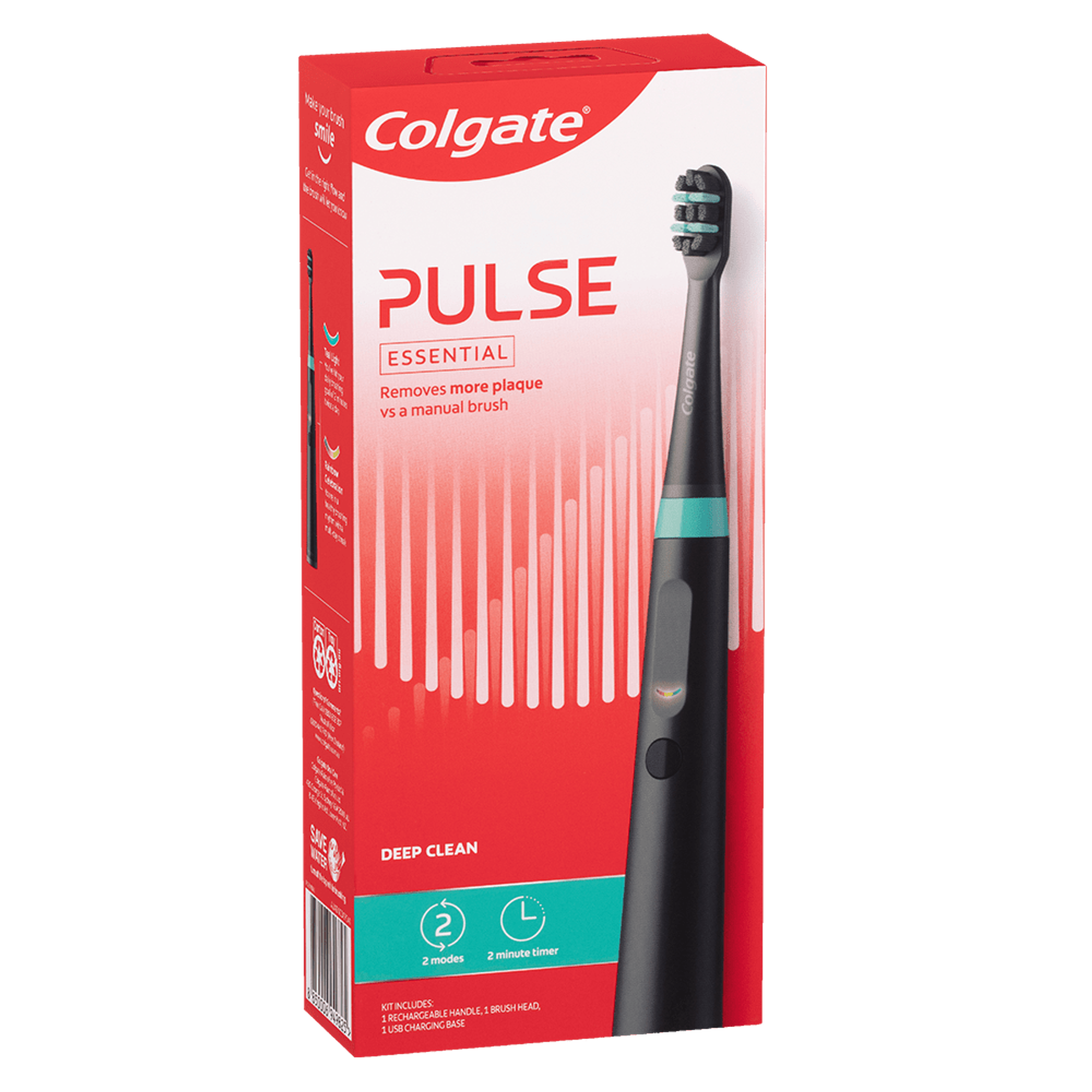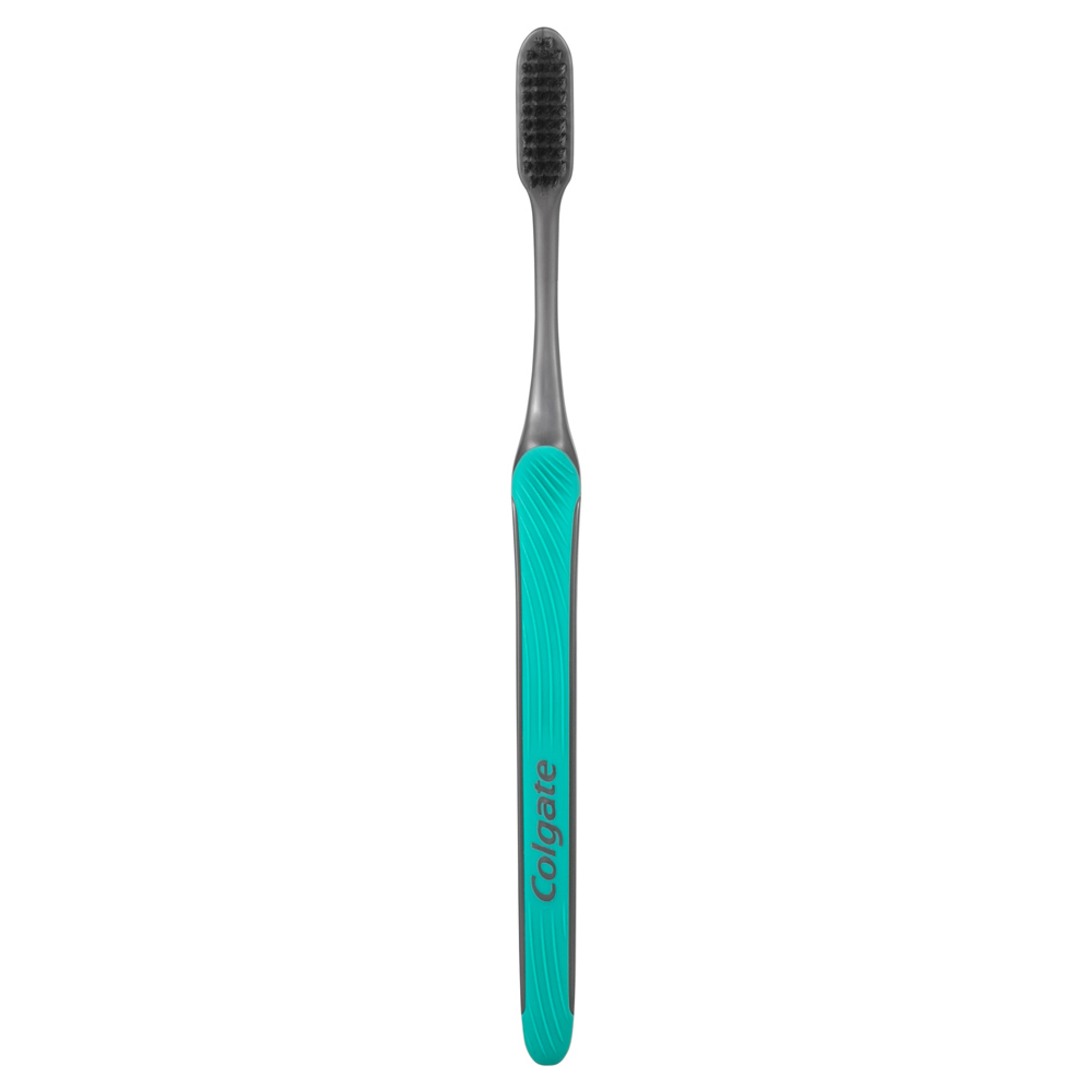-
-

BRUSHING & FLOSSING
How to BrushWhat Is the Right Way to Brush?
Proper brushing takes at least two minutes — that's right, 120 seconds!...

BRUSHING & FLOSSING
How To FlossWhat is the Right Way to Floss?
Proper flossing removes plaque and food particles in places where a toothbrush cannot easily reach... -
Science & Innovation

Oral Effects
People with kidney disease often have other health issues. They often have compromised immune systems, so they may be more likely to get infections.
People with renal (kidney) problems may have a bad taste in their mouths and bad breath (halitosis). This occurs because the kidneys fail to remove urea from the blood. The urea breaks down to form ammonia, which has a foul smell. Bone changes also can occur because the body cannot absorb calcium properly. Therefore, people with kidney disease are at risk for losing bone from their jaws. Their teeth may become loose and eventually fall out.
Kidney disease itself causes some of these symptoms. Others are caused by medicines and treatments for the disease.
- Anorexia (an eating disorder)
- Anaemia (a blood disorder)
- High blood pressure and heart disease
- Dry mouth (xerostomia)
- Periodontal (gum) disease, which leads to loose teeth, and eventually to tooth loss
- Inflammation of the mouth and salivary glands
Kidney disease itself causes some of these symptoms. Others are caused by medicines and treatments for the disease.
At the Dentist
If you are on dialysis (either haemodialysis or peritoneal dialysis), you and your dentist should plan to schedule your dental treatments on the day after a dialysis treatment. If you have a shunt, you may be given a blood thinner, which can increase the risk of bleeding. Because of the shunt, you may be at higher risk for certain infections. For this reason, your doctor may prescribe antibiotics for you to take before dental treatment.
Tell anyone who takes your blood pressure that you have a shunt. The blood pressure cuff should not be placed on the arm with the shunt. Your blood pressure should be taken on the other arm, or on a leg.
Before you receive treatment, give your dentist a list of your medicines and their doses. Your dentist will consider the medicines you take before prescribing other drugs. Some medicines may make kidney failure worse. Some may build up in the body until the next dialysis. Kidney disease can affect your blood counts. Give a copy of your most recent blood tests to your dentist as often as it is available.
© 2002-2013 Aetna, Inc. All rights reserved.
© 2002- 2018 Aetna, Inc. All rights reserved.
This article is intended to promote understanding of and knowledge about general oral health topics. It is not intended to be a substitute for professional advice, diagnosis or treatment. Always seek the advice of your dentist or other qualified healthcare provider with any questions you may have regarding a medical condition or treatment.
Related Products

Helping dental professionals
More professionals across the world trust Colgate. Find resources, products, and information to give your patients a healthier future










